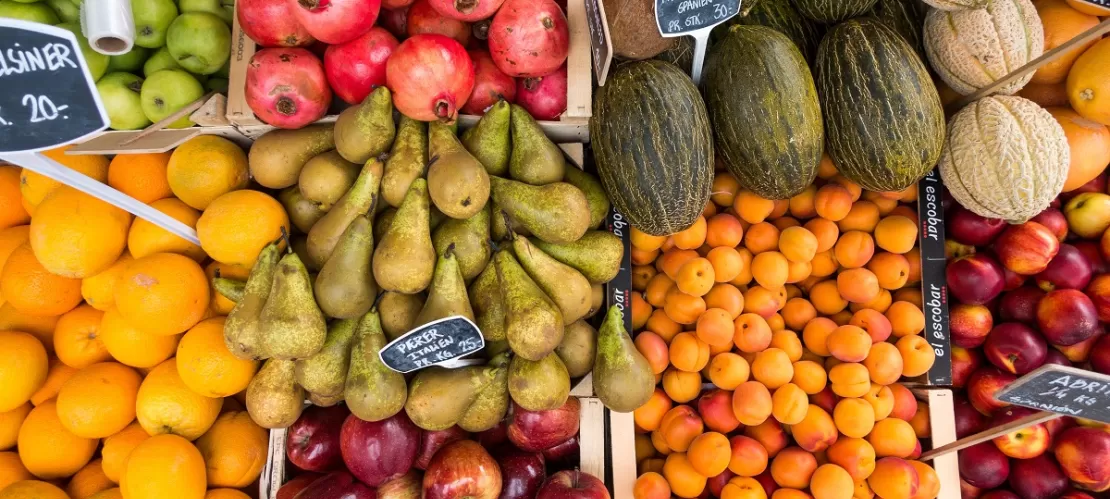
It seems like these past few years have been all about food and taking back control of where it comes from - ensuring that it is sustainable, safe, fair, healthy and delicious. Some call it the #FoodMovement, but, whatever the name is, the important factor is that people are becoming more aware of the sources of their food and the impact it can have on the environment. There has been a change in the way people perceive what is displayed in supermarkets, restaurants or cafes. The blind confidence of the old days is now a myth and food companies have realised this.
Nowadays, you can find many alternatives when it comes to food and drink - there is something for every body type, diet and taste. This differs from country to country, but you have probably already encountered many changes in your local supermarket. Maybe five years ago there were no vegan burgers available, but now you can find many brands offering different flavours and vegetables. And how many times have you seen written on the packaging in big letters: "Organic" or "Palm-oil free"? That's right, food companies know that our habits are changing!
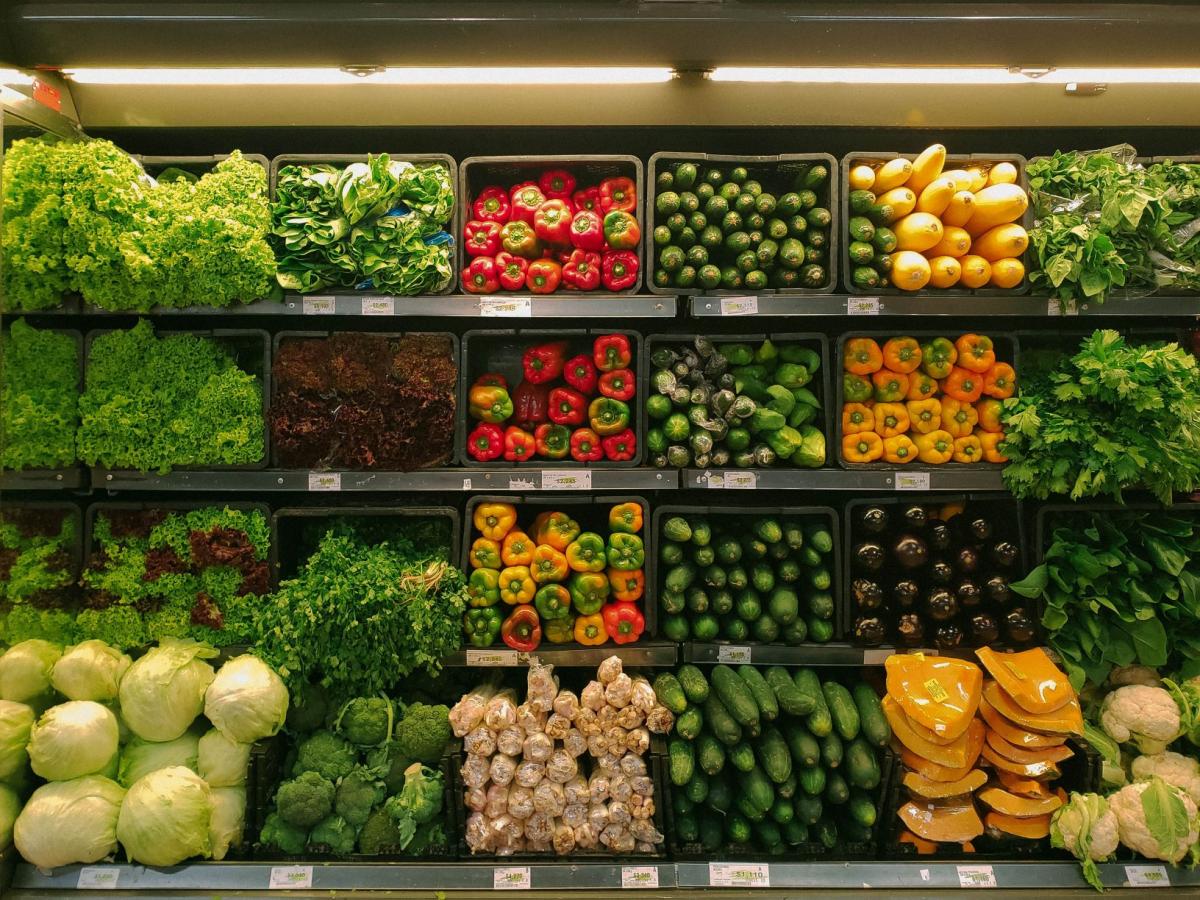
Environmental sustainability is slowly becoming a priority for everyone, especially youngsters, but this shouldn’t be forgotten when you are travelling. Eating healthy in your daily life can be hard, but on the road this tends to get even more challenging. Whether you are travelling for a few days or spending a few months abroad for an exchange, adopting a healthy diet is easier than you think, as proven by ESN EYE Lodz in Poland. They took 23 Erasmus students for a plant-based cooking session where cauliflower burgers, hummus with cooked cauliflower leaves and almond milk with cookies were introduced as great alternatives for a filling meal. In addition, the participants were given plant milk straining bags and reusable silicone straws, which is ideal to raise awareness about plastic consumption. The ‘cherry on top’ was giving the recipes to all the participants, which allowed them to practise at home and to aim for healthier habits during their Erasmus mobility. If this is something you can replicate in your local community, go for it and lead by example!
Drawing inspiration from such initiatives and current trends, we created a list of tips that can make your travels less stressful, environmentally sustainable, budget-friendly and good for your body and soul:
Drink lots of water, especially in the morning
Pro-tip: when you wake up, drink at least 500ml of water. Your body is dehydrated from sleep and this will help you wake up and feel energised. Besides that, don’t forget that health authorities recommend drinking around 2 litres of water per day. Take a reusable bottle with you and fill it during the day from drinking water fountains (make sure it is safe to drink from them first!). There are also some apps that help you keep track of how much water you are drinking - or just do it with a pen and paper.
Organic is the new black
Put away all the chemical fertilisers and pesticides, your body deserves better. Search for organic products (produced through biological agriculture). We know what you are thinking: they are usually more expensive. However, there is a solution for that. Shop locally! If you find local markets, you are not only supporting the local residents but you are also saving some money and getting the freshest food out there. Local brands also mean less fuel for food, since they don’t travel from far away.
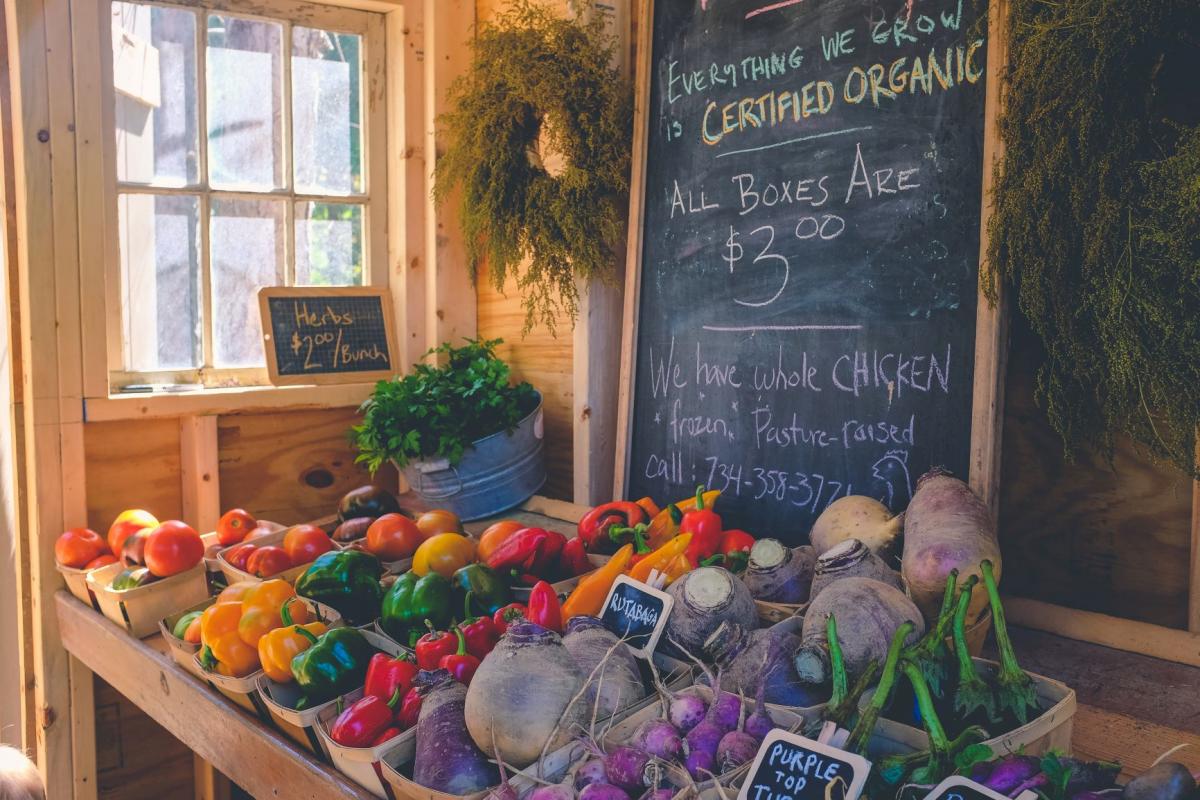
Go vegetarian or reduce meat
Diets such as vegetarianism or veganism have been trending and have many advantages when it comes to health and sustainability, if done right. We know that it is hard to switch your diet completely, but having a vegan day (every Monday, for example) or reducing meat is already a big step towards helping your own body and the environment. Besides, it is a perfect money-saver when travelling, since meat or fresh fish can be quite expensive or hard to find. More than that, meat production has serious negative effects on global warming and it uses more freshwater than any other human activity. Keep this in mind - small changes are important too!
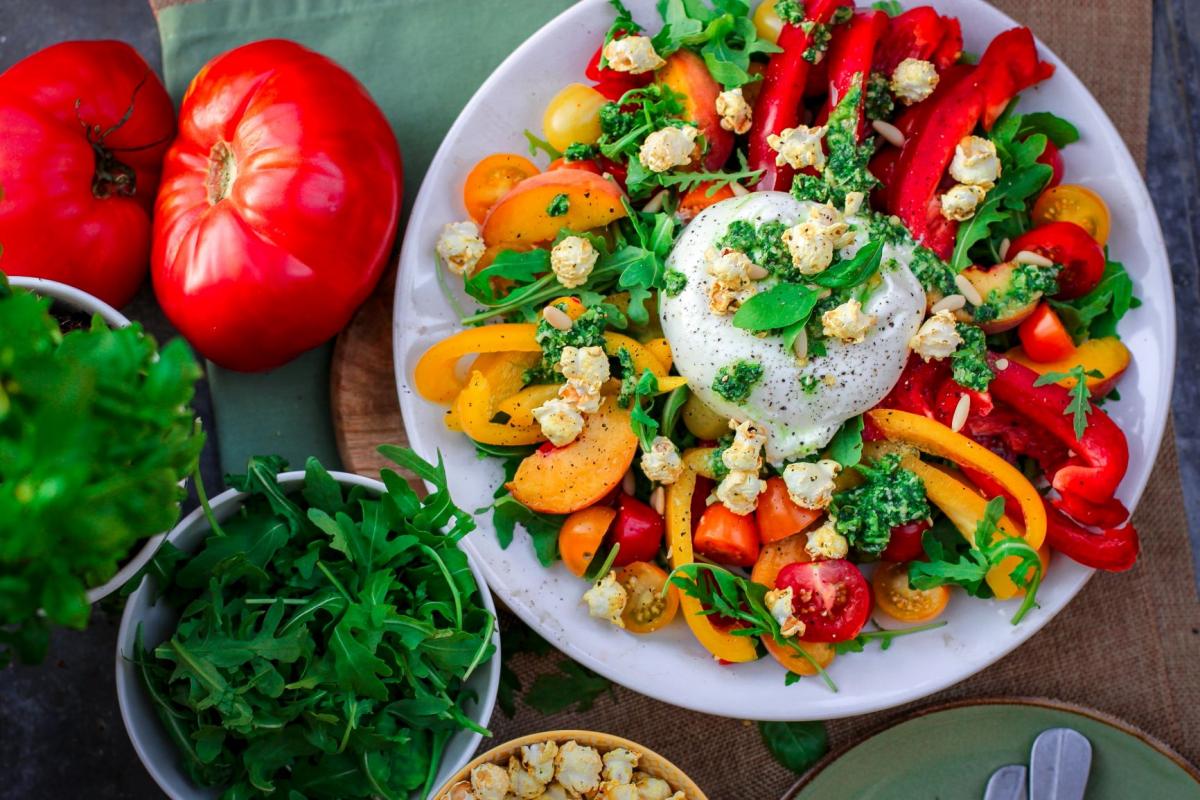
Keep your energy levels up
Fats can be friends too! Some good examples are olive oil, avocado, peanut butter and dark chocolate. They create a sense of fullness, slow down the digestion of carbohydrates and add flavour to food. So don’t be afraid to eat them.
Pack snacks for in between meals
Having snacks during your trips is key. They will keep you away from fast-food chains and eliminate the temptation to eat unhealthily on the go. Besides, they don’t take much space and you can put them in a reusable bag. Some snack ideas: protein bars, mixes of nuts, any fruit, hummus with baby carrots, low-fat cheese or hard-boiled eggs. Delicious and easy to pre-pack!
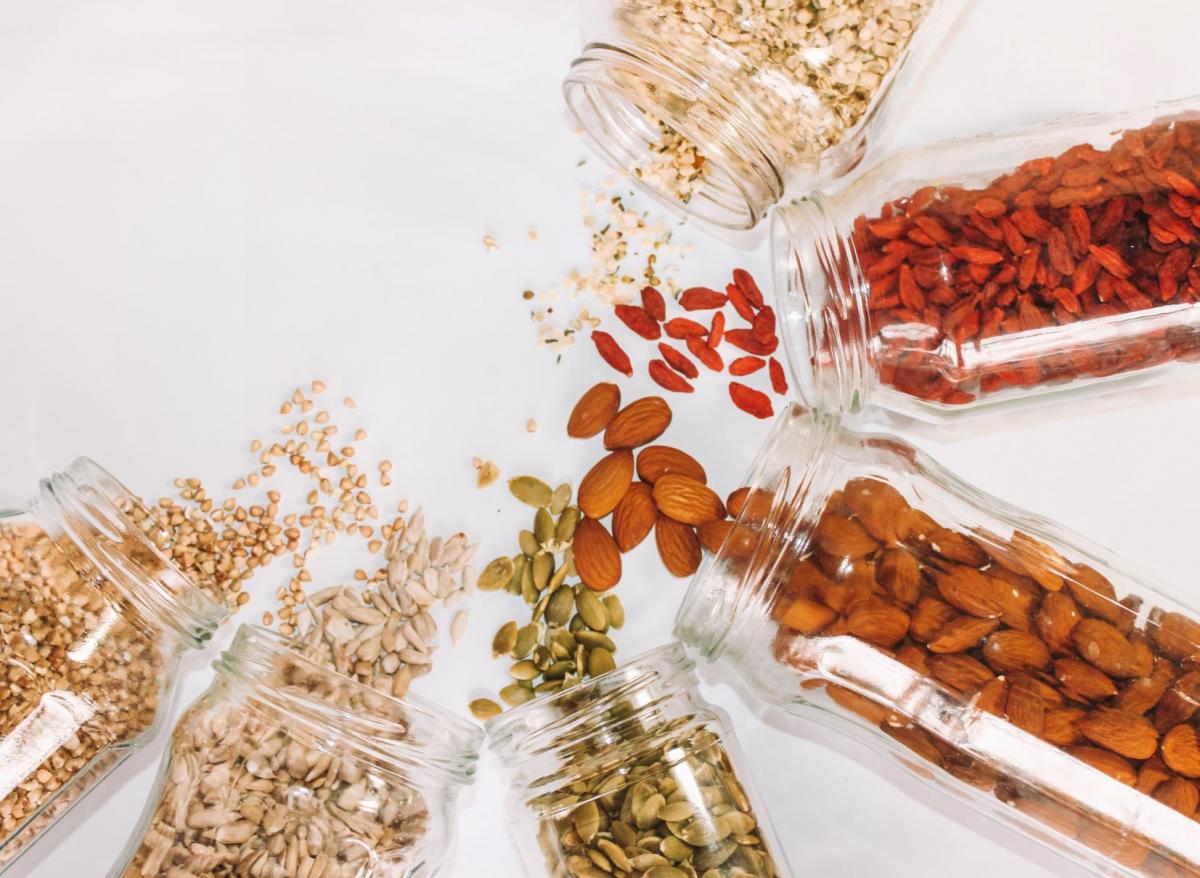
Take the time to cook
If you’re on the road, it can be quite hard to find the time to cook, but it’s important to stay on your budget and eat clean. Spending a couple of hours in the kitchen and cooking in batches is a great option to have food for the next few days. When you cook, you can feel totally connected with your food and you know exactly what you are eating. Try to find hostels with a kitchen that you can use as a guest. Some even offer pasta, rice and other ingredients for free, turning out to be the nicest places to stay, meet people and even share food or recipes from different countries!
Get traditional and eat ethically
Who doesn’t want to try paella in Spain? Croissants in France? Fish and Chips in England? Gulyás in Hungary? It’s no surprise that local food is very exciting to try for the first time, and you can even keep a list with all the typical meals you have already tasted. Turns out traditional food will most likely feature ingredients from the region, organic and fresh. Tired of the same old cuisine and nutrients, your body will thank you for this. Spice it up!
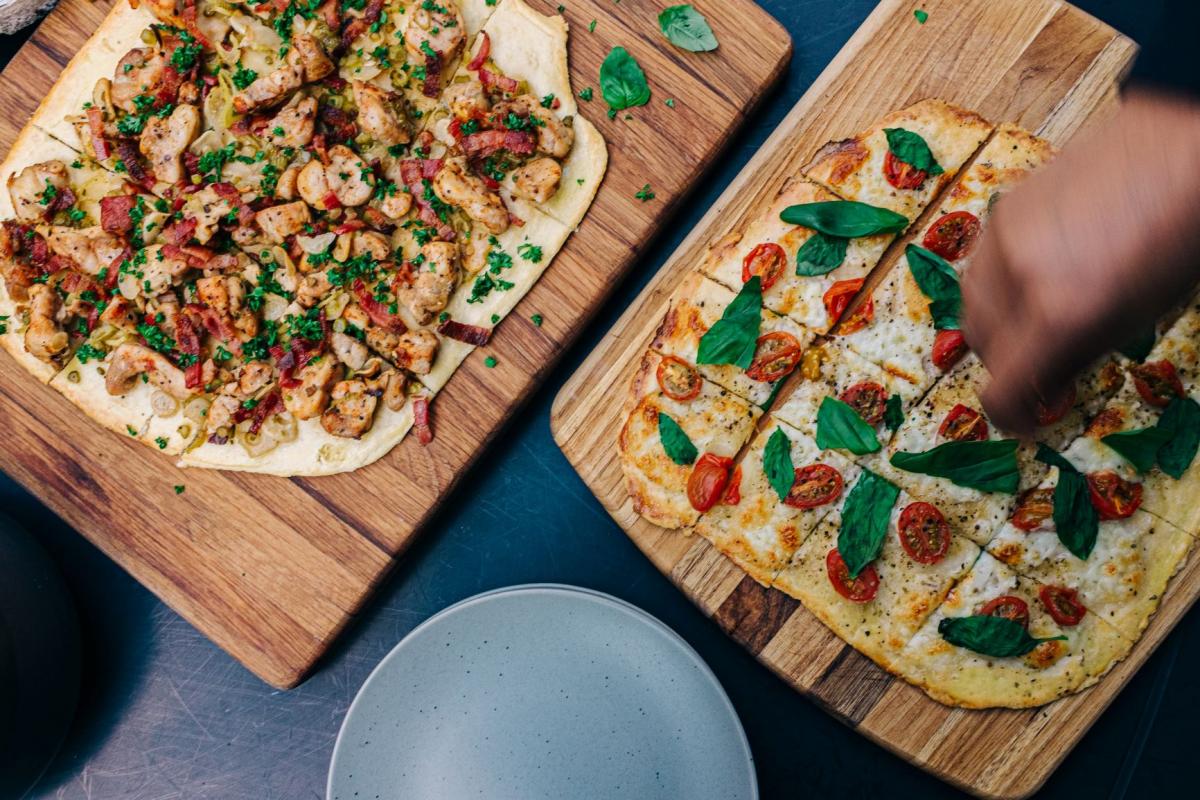
Dine in, invite your new friends
Sometimes you won’t be able to dine in on the road and the closest fast-food chain will be a lifesaver. But for most of the time, try to cook at your hostel or meet local people and suggest a barbecue outside, with food from the local market. It is a perfect opportunity to make new friends and enjoy the landscapes of the new city you are visiting. Dining out can be quite expensive and, overall, really bad for the environment. The amount of resources that go into a single meal is a lot: whole packages of food, plastic materials and restaurants’ food waste.
Avoid alcohol, discover new drinks
Alcohol can be one of the things where we spend most of our money while travelling. Sometimes, a cocktail can cost more than a decent meal. It’s ok if you just want to try the local beer or the famous wine, but there are many other drinks that are healthier for your body and wallet! Did you know that alcohol-free beer is full of vitamins and minerals including folic acid, potassium, iron and zinc? And that tea has the ability to lower your blood pressure? You can also use local fruits, make juice and put it in your reusable bottle! And don’t forget: avoid sugary drinks and too much caffeine.
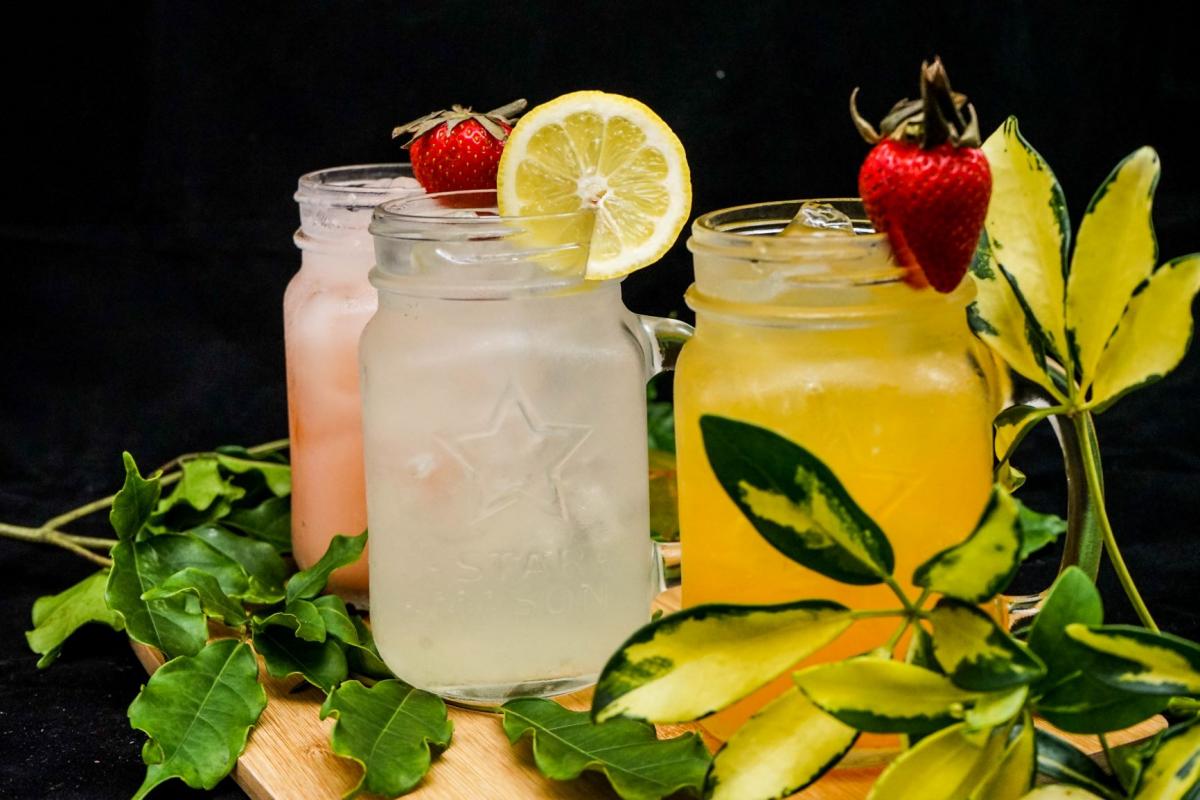
Travelling can be a nutrition killer, so we hope these tips will help you plan your next adventure and, most importantly, evaluate your goals, search for different diets and choose what is best for your body. No one knows you better than yourself!
